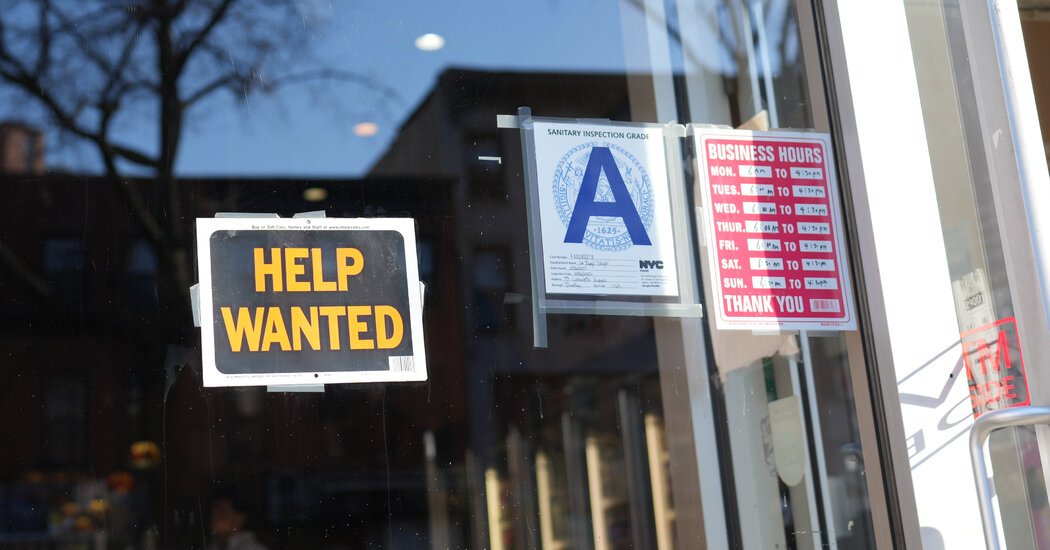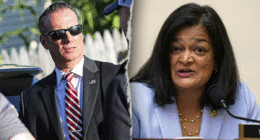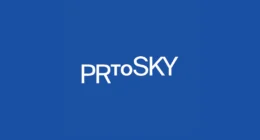Big deals are waiting on the tarmac as Wall Street and the business world anticipate how the presidential election will change antitrust enforcement.
President Biden has taken an aggressive approach to policing deals that some have called overreaching and others have lauded as a necessary return to scrutiny on the power wielded by big business. Dealmakers say they are holding some deals back in hope of a more lenient approach in the next administration.
Doha Mekki is on the ground executing the strategy. She’s worked at the Justice Department under three administrations: as a trial attorney during the Obama presidency, in the front office during the Trump presidency and now as the principal deputy assistant attorney general under Jonathan Kanter.
In a recent interview at the Penn Carey Law Antitrust Association’s annual symposium, DealBook talked with Mekki about the department’s big wins and losses, and what could be in store if Biden gets another four years. This interview has been edited and condensed for clarity.
You led the lawsuit that successfully blocked JetBlue’s acquisition of Spirit Airlines (the decision is under appeal). In a case like that, how do you weigh the risk that a company will fail because it’s too weak on its own against the risk of a more consolidated industry?
There’s a whole doctrine in antitrust that deals specifically with firms that are financially not viable. And it bears noting — and certainly the court noted — that the company did not make that argument. In fact, what Spirit, I think, projected to its shareholders for a long time was that they still intended to grow.









